Imagine this: You recently came upon a positive pregnancy test result. Although the thrill is great, soon after a stream of questions, uncertainty, and even dread start to sink in. What next? Your body will manage the changes in what ways? Right now, what ought you to be doing? You are not alone; every first-trimester new mother experiences the same rush of emotions.
Among the most important and difficult phases of your pregnancy is the first trimester, spanning weeks 1 through 12. This is the time when your body adjusts to the new life developing inside your baby, and her foundation is being laid. How, therefore, can one survive this era without feeling completely overwhelmed? The response is to know what your body is going through, how your baby is growing, and how to take care of yourself during these vital early weeks.
We shall explore the seven most crucial pieces of advice in this blog post to help you negotiate the first trimester. Here’s everything you need to know to confidently and comfortably get through your first trimester, from knowing your baby’s development to keeping healthy.
1. What is the First Trimester?

For many women, the first trimester—which spans the first twelve weeks of pregnancy—is the most physically and emotionally taxing phase of the trip. Why is it rather crucial? Your child is growing quickly at this stage, from a tiny clump of cells to a fully developed fetus. Most of your baby’s organs and bodily systems will have begun to develop at the end of these twelve weeks. This is a crucial period; hence, maintaining a good pregnancy depends first on looking after oneself.
Additionally, strong hormonal changes occur during the first trimester. Higher levels of hormones your body is generating—such as progesterone and human chorionic gonadotropin (hCG)—are helping your developing baby. Most of the typical early pregnancy symptoms—such as nausea, tiredness, and mood swings—will start with these developments. Knowing these developments will enable you to control them more effectively.
Tip #1: Focus on self-care early in pregnancy by paying attention to what your body is telling you and seeking medical advice when necessary. Take time to rest, eat healthy, and mentally prepare yourself for the changes ahead.
Learn more about the importance of each trimester.
2. What Happens to My Body in the First Trimester?

In the first trimester, your body changes quite a bit; some of these are minor and others could feel extreme. The most often occurring symptoms—morning sickness, tiredness, frequent urination, and sore breasts—you have most certainly heard of. However, behind the scenes, there is a lot more going on that could influence your everyday life.
Morning Sickness: Though the term suggests otherwise, nausea can attack at any hour of the day. An abrupt hCG hormone spike causes it. In their first trimester, around seventy percent of pregnant women have nausea and vomiting. Among the home cures for nausea are small but frequent meals, crackers, and ginger tea. See your doctor to prevent dehydration if you cannot seem to keep anything down.
Fatigue: Pregnancy tiredness is a legitimate condition. Your body is working nonstop to create the placenta, which is your baby’s lifeblood. You will naturally feel more weary than usual as your blood volume rises to support your infant. Give sleep first priority; take naps whenever you can.
Frequent Urination: Your expanding uterus begins to press on your bladder, increasing the frequency of your urination. While you should be drinking adequate water all day, try to cut back on fluids before bed to prevent too many nighttime potty excursions.
Tender Breasts: If you increase blood flow to your breasts as they prepare to produce milk, they may feel sore. Using a supportive bra or switching to a maternity bra can alleviate some of the discomfort.
Remember that each woman experiences these symptoms differently, and not everyone does. While some may have all of them, others may feel like there are nearly none.
Tip #2: Don’t be afraid to ask for help or seek relief methods from your healthcare provider. Your comfort and well-being matter just as much as your baby’s.
3. What Happens to My Emotions in the First Trimester?

Though the truth might be far more complicated, pregnancy is sometimes portrayed as a period of happiness. First trimester emotional ups and downs are quite real. One day—or perhaps one hour—can see mood swings, anxiety, excitement, and terror all coexist!
The physical changes your body is going through, the hormonal surge, and the enormous life changes ahead all affect your emotional state. You can find yourself sobbing at a commercial or overwhelmed by the weight of parenting. These emotions are natural; you should not feel bad or ashamed of them.
What’s crucial is learning how to handle these emotional shifts. You might remain grounded and peaceful by meditating, practicing mindfulness, or practicing prenatal yoga. Journaling is another great way to sort through your ideas and emotions during this transformative period.
Tip #3: Be kind to yourself. Allow yourself to experience all the feelings, including the highs and lows; then, spend some time considering your pregnancy path. Asking for help from loved ones or, if necessary, from professionals is okay.
Emotional health during pregnancy.
4. What Happens to My Baby in the First Trimester?

Your baby is developing remarkably fast in the first trimester. About the size of a lime, they will have progressed from a fertilized egg to a fetus with most main organs developed by the end of week 12.
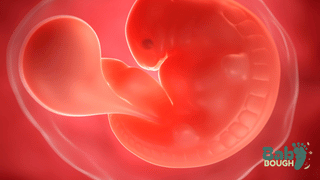
- Week 4-6: Your baby’s spinal cord and brain start to grow. Around this period, the heart also begins to beat.
- Week 7-9: The arms, legs, and facial traits of your child start to take shape.
- Week 10-12: Your kid has fingers, toes, and completely developed eyes by now. Though they will keep growing and maturing over the next six months, most of the baby’s main organs have begun to form.
Your baby’s development depends on the first trimester; hence, a healthy diet and way of life are absolutely vital during this period. Prenatal vitamins, particularly folic acid, are critical for preventing birth abnormalities in the brain and spine.
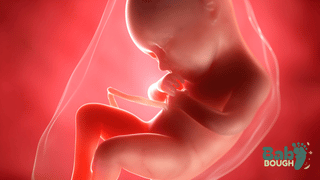
Tip #4: Stay informed. Knowing your child’s development will allow you to stay in touch during pregnancy and inspire you to take care of your health.
Week-by-week fetal development tracker.
5. What Can I Expect from My Doctor or Midwife?
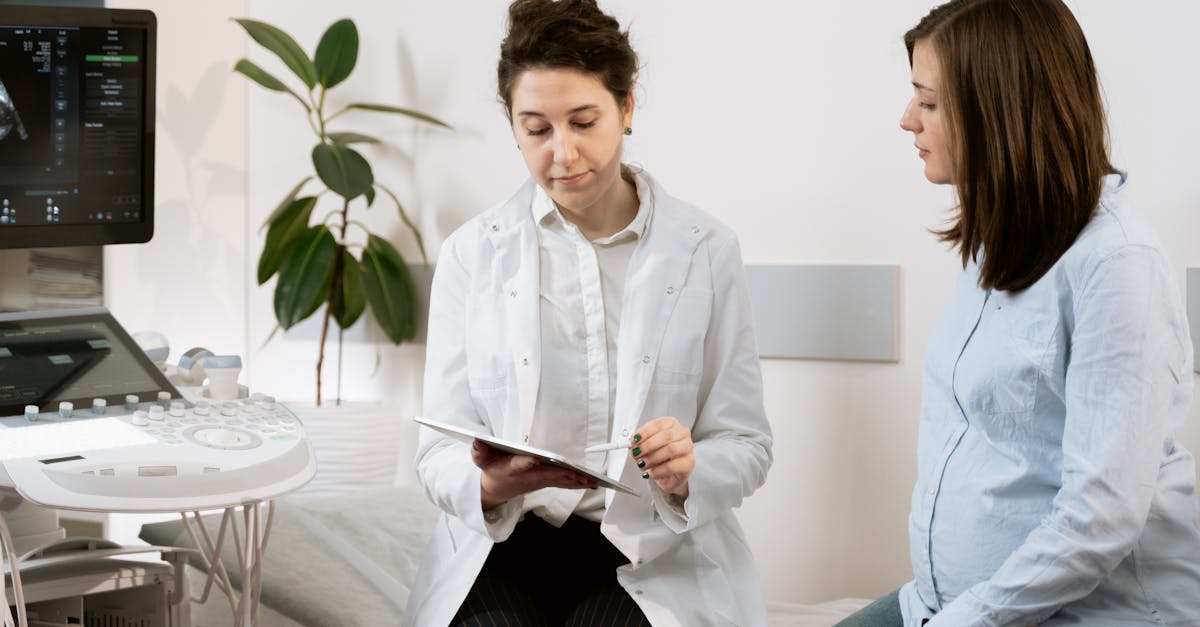
Your first prenatal visit typically happens around week 8 of pregnancy. This appointment is one of the most important, as it sets the foundation for your prenatal care throughout your pregnancy. Your doctor or midwife will go over your medical history, perform a physical exam, and run several tests, including:
- Blood tests: Check your blood type, Rh factor, and screen for anemia, infections, and other health conditions.
- Urine tests: Screen for urinary tract infections, high blood sugar, and other signs of possible complications.
- Ultrasound: Your first ultrasound may be during this appointment, but some doctors may wait until later in the first trimester.
During this visit, you will also be able to ask your doctor any questions about what to expect in the next few months.
Tip #5: Be proactive.Take note of any symptoms or concerns you have and bring them up during your visits. This is your opportunity to ensure that both your child and you are moving in the right direction.
What happens at your first prenatal visit.
6. What is the First Trimester Genetic Screening Test?

Weeks 11 through 14 could find you offered a first-trimester genetic screening test. This test looks at your baby’s likelihood of having some chromosomal defects, including trisomy 13, trisomy 18, and Down syndrome.
Usually, the test consists of an ultrasound to determine the nuchal translucency—the fluid at the rear of your baby’s neck—and a blood test to evaluate specific protein and hormone levels in your blood. Together, these findings enable doctors to assess the likelihood of chromosomal defects in your child.
Genetic screening studies are not diagnostic, as should be clear. If the results of your screening indicate a higher risk, we may recommend additional testing such as amniocentesis or chorionic villus sampling (CVS).
Tip #6: Stay informed about your options. Ask your doctor about genetic screening testing’s pros and cons, then decide what’s best for your family and yourself.
More on genetic testing during pregnancy.
7. How Can I Stay Healthy Through the First Trimester?
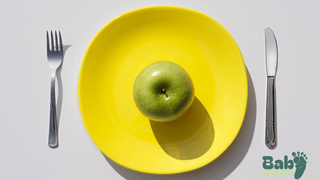
Your health determines your child’s development, so there are a few things you can do to stay on track during the first trimester:
- Eat a balanced diet: concentrate mainly on foods high in nutrients, like whole grains, lean meats, and leafy greens. Keep an eye out for mercury-containing fish, sweets, and processed meals.
- Exercise: Walking, swimming, and prenatal yoga are among the safe, low-impact exercises that will keep you moving and lower tension.
- Take prenatal vitamins: The development of your kid depends critically on folic acid, iron, and calcium are critical for your child’s development. See your doctor for advice.
If you haven’t yet begun taking them, now is the perfect time.
- Hydrate: Make sure you’re drinking enough water throughout the day to stay hydrated, which is especially important as your blood volume increases during pregnancy.
- Get enough sleep: Fatigue is common in the first trimester, so prioritize rest. Aim for at least 7-8 hours of sleep each night and take naps when needed. Try to create a comfortable sleeping environment to combat the discomfort that can come with pregnancy.
- Avoid harmful substances: This is critical. Eliminate alcohol, smoking, and drugs, and limit caffeine intake. These substances can pose serious risks to your baby’s development, particularly during the first trimester.
Tip #7: Prioritize self-care by staying active, eating well, and paying attention to your body’s needs. Small lifestyle adjustments can make a huge difference in maintaining a healthy pregnancy.
Healthy eating during pregnancy.
When Should I Seek Medical Help?

Some discomfort is normal in the first trimester, but there are some red flags that should warrant a doctor visit. These contain:
- Severe abdominal pain or cramping: While mild cramps are common, intense or sharp pain may indicate more serious conditions like a miscarriage or ectopic pregnancy.
- Heavy bleeding: Early pregnancy can cause normal spotting; nevertheless, heavy bleeding like a period calls for quick medical intervention.
- Severe dizziness or fainting: This could point to low blood pressure or other conditions a doctor should check for.
- High fever: Patients should seek emergency care if their temperature exceeds 100.4°F (38°C), especially if they are experiencing pain or chills.
Trust your intuition always. If something doesn’t feel right or if you have questions, please see your doctor without delay.
What Else Should I Consider in the First Trimester?

Apart from psychological and physical changes, the first trimester also serves for preparation and planning. Some other crucial factors include:
- Telling family and friends: Many couples decide to wait to tell the news until beyond the first trimester because, after 12 weeks, the likelihood of miscarriage decreases dramatically. This is a very personal choice, though, and there is no “correct” moment to tell people you are pregnant.
- Workplace preparations: If you are employed, now could be an opportune moment to begin strategizing how you will manage your job during pregnancy. This could mean talking to your company about maternity leave or figuring out how to modify your job as your pregnancy advances.
- Mental health check: Being pregnant marks a significant life transition and might set off despair or anxiety. If you feel as though your mental health is failing you, don’t hesitate to consult your doctor. There is actual prenatal depression; help is available.
- Planning for the future: Starting to consider what sort of birth experience you want and what kind of parenting style feels appropriate for you also makes sense in the first trimester. To assist you in negotiating this process, think about reading books, joining internet communities, or enrolling in prenatal classes.
Conclusion:
In terms of both physiological and mental aspects, the first trimester of pregnancy is one of rapid changes. For many women, this is the most difficult phase; yet, you can negotiate these early weeks with confidence with the correct tools, education, and help. From knowing your baby’s progress to controlling your own health and emotions, these 7 key pointers will enable you to survive and flourish during the first trimester.
Each pregnancy is different, after all. That’s fine; what works for one lady might not work for another. Pay attention to your body; keep educated; and don’t hesitate to get help when you need it. Your road into motherhood is still far ahead; first, you must take care of yourself to ensure a healthy and happy pregnancy.

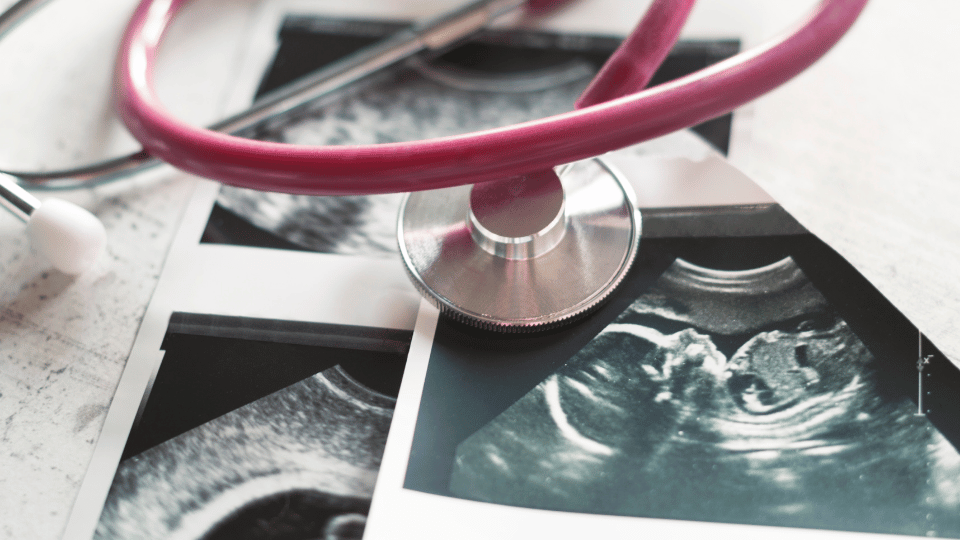
This post was a game-changer for me. Thanks for the insight!
Thank you for your kind feedback!